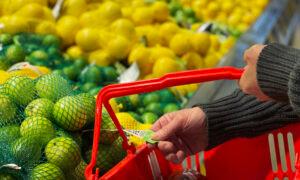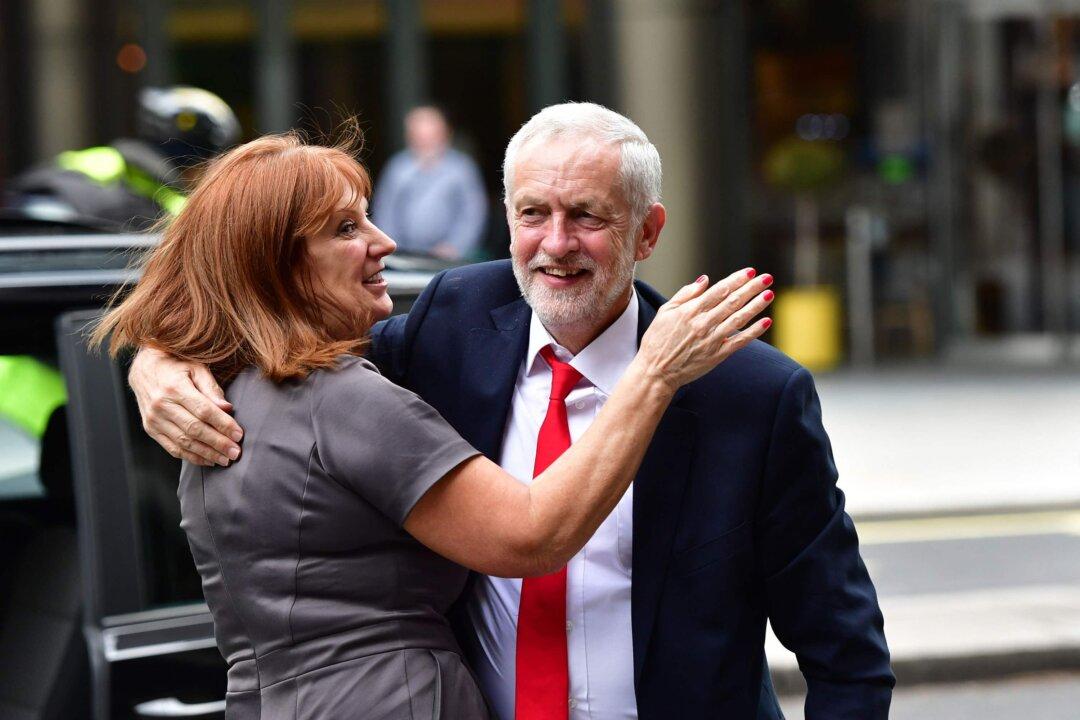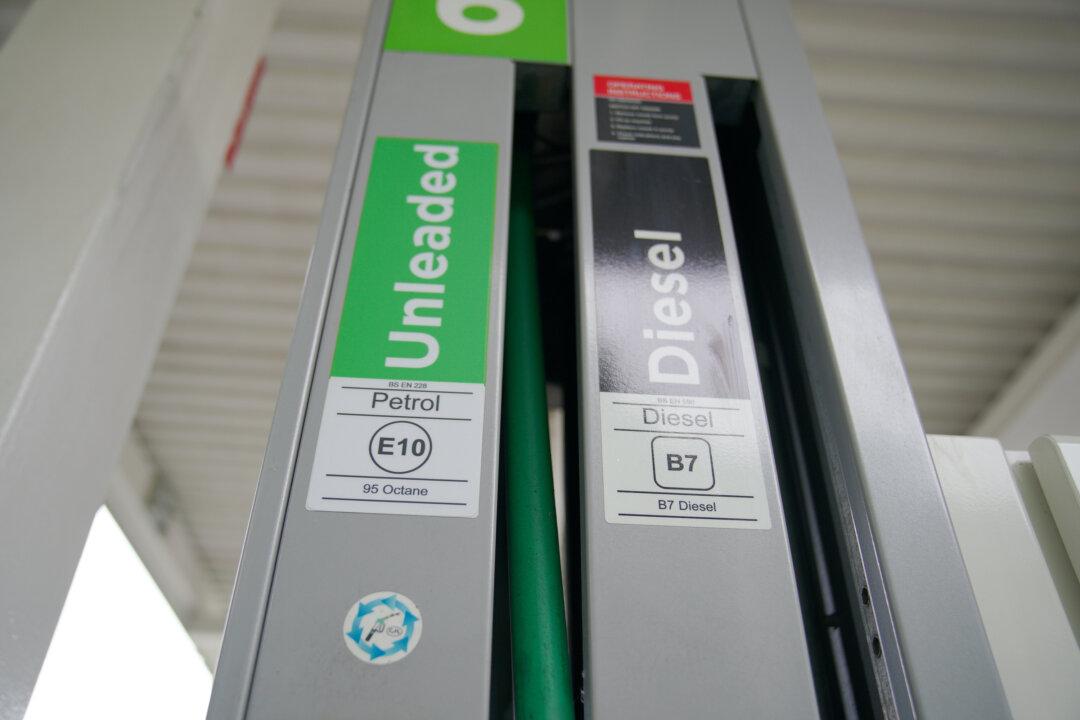New findings from the National Federation for Educational Research (NFER) suggest that a growing number of primary school children are turning up to class hungry.
“This report clearly highlights the high level of need among young people, and the risk of it becoming an entrenched and persistent challenge for pupils, families and staff, particularly in more disadvantaged schools,” said NFER’s co-head of UK policy and practice, Jude Hillary in a statement.
The report also found that 79 percent of primary school teachers and 62 percent of secondary school teachers were spending their own money to purchase items for their students, of which about 20 percent of teachers said they were buying essential products such as food and clothing.
One in four primary school teachers, and one in five secondary teachers, admitted to spending over £100 on students already this academic year.
“The cost of living is one of a number of significant cost pressures leading to schools having to make incredibly difficult trade-offs in their core provision - including staffing, teaching and learning,” Mr. Hillary said.
“Teachers are going above and beyond to meet pupils’ pastoral needs using their personal funds. This unrecognised, informal support is being offered at a time when teachers individually continue to face their own financial pressures.”
The report noted that schools are being forced to make cuts to staffing, spending on trips and enrichment activities, and building maintenance in order to meet budgets, with only one in ten senior educational leaders able to say they had not made cuts to any areas of provision this academic year.
Daniel Kebede, general secretary of the National Education Union, claims the findings say everything about the impact that child poverty and the cost-of-living crisis is currently having on children and young people.
Free School Meals
A Conservative Party spokesperson said, “We are determined to give every child, regardless of their background, the very best start in life, which is why we are committed to giving free school meals to those children who need it.”“Under the Conservatives, free school meals have been extended to more groups of children than any other government over the past half a century—doubling the number of children receiving free school meals since 2010 from one-sixth to one-third.
“Our plan to set children up for a brighter future is working as we continue to climb up international education rankings and boost school funding to the highest ever level in real terms,” the spokesperson said.
Labour’s shadow education secretary, Bridget Phillipson, said in response to the data: “Children can never seize the opportunities our future holds for them if they’re coming to school hungry.
“That’s why tackling child poverty will be at the heart of a Labour government with a new cross-departmental taskforce and we will roll out free breakfast clubs in every primary school in England so that children get the best start to their day and the best start to their lives,” Ms. Phillipson said.
The NFER did outline that most schools are continuing to provide food parcels, subsidised breakfasts, and appropriate clothing to pupils across the UK.
However, Pepe Di’Iasio, general secretary of the Association of School and College Leaders, said it’s not enough.
“Politicians cannot just sit back and rely on the goodwill and finances of teachers and school leaders to stop children from going hungry,” he said in a statement.
“It’s deeply troubling that significant numbers of young children are arriving at school without the basic necessities anybody would require to be in a fit state to learn.
“The fact that so many teachers are spending their own money on supporting pupils’ pastoral needs is particularly revealing.
“It perfectly encapsulates an education workforce going above and beyond despite the increasing number of societal problems they are being forced to deal with, seemingly on their own,” he said.
The NFER interviewed 1,282 teachers and senior leaders across mainstream primary and secondary schools in the UK.







